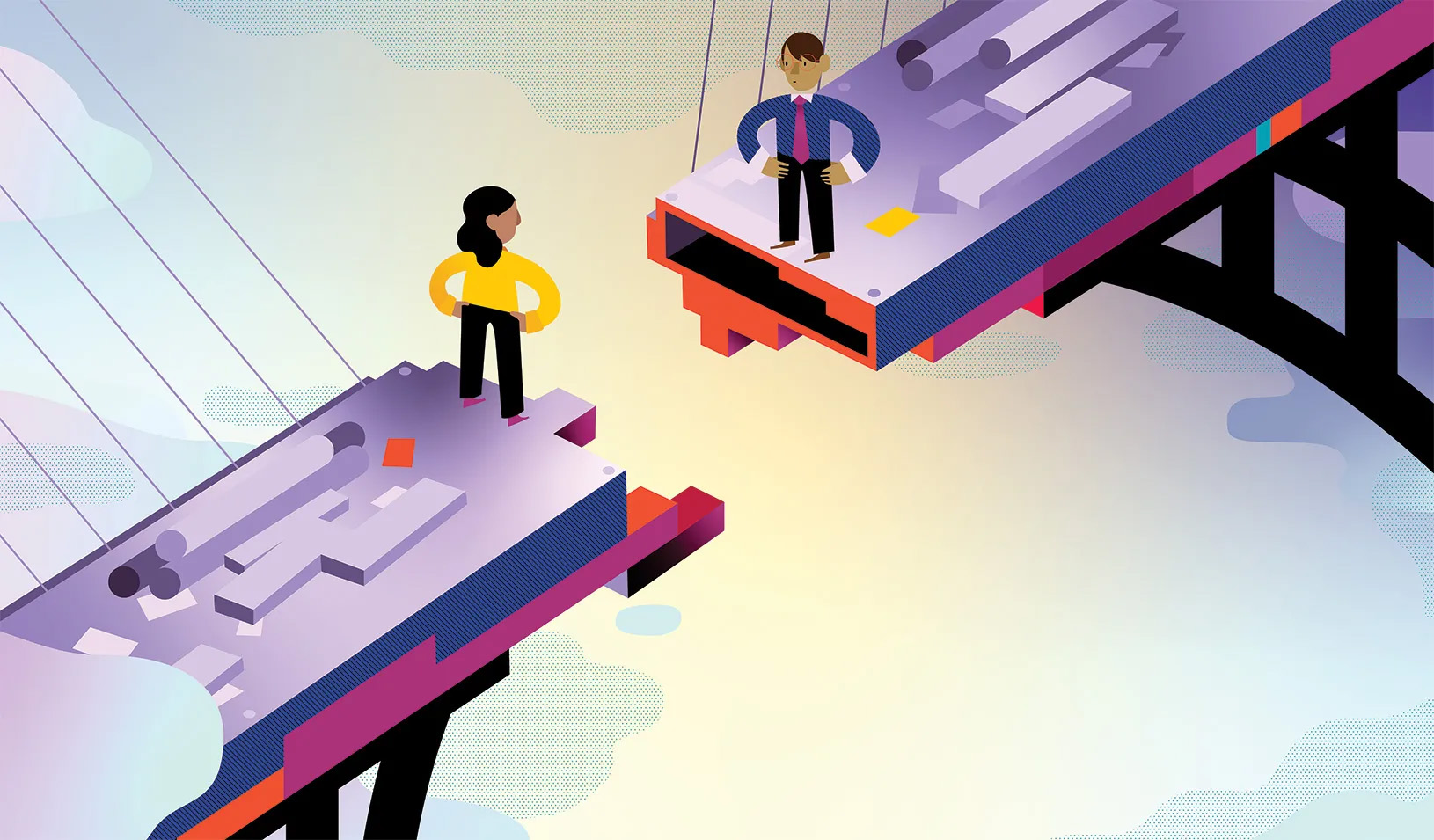
Oliver Twist asks for more. | The Kobal Collection photo by Romulus/Warwick
Nobody likes getting rejected, which is one reason we often think twice before asking for a favor. If we believe we’re likely to get turned down, why bother? But recent research led by Daniel Newark, a doctoral candidate in organization studies, shows that we overestimate the chance that our requests for help will be denied — especially after we’ve been turned down before. And that suggests we should be asking for help more readily and from a wider set of people than we currently are.
Newark collaborated on the studies with Francis Flynn and Vanessa Bohns, researchers who in earlier experiments had shown that people tend to grossly underestimate how likely others are to grant a favor. (For example, participants in one of their studies thought that to get 3 people to agree to lend their cellphones for brief calls they would have to ask about 10 people, whereas they needed to ask only 6.) Flynn had a theory to explain such prediction errors, which his experiments bore out. “When people are asking for help, they’re really focusing on how big is this ‘ask,’” he said at a 2010 conference on the science of eliciting good behavior. But for the potential help giver, the attention is on a different question. “They’re thinking not so much about the costs of saying yes as the costs of saying no: How awkward would it be for me to say no? How uncomfortable would I feel?”
But would the gap between help seekers’ expectations and the reality be smaller or greater when a second request was made of the same person?
To find out, the trio of researchers had participants stop strangers on the Stanford campus and, following a simple script, request two favors: fill out a short survey and then, regardless of how the stranger responded to that request, drop off a letter at a nearby post office. Before sending the participants out, the researchers asked them to guess what would happen, so that the predictions could be compared with the strangers’ actual behavior. The help seekers expected that people who refused the first request would be much less likely to say yes to a second request.
They couldn’t have been more wrong. “What we found,” Newark says, “was that the percentage of people saying yes to the second request was higher than the percentage saying yes to the first request.” In other words, saying no the first time actually made people more likely to say yes the second time, even though the two favors were equally small.
“It can be very difficult for help seekers to appreciate the discomfort of refusing someone’s request for help not only once, but twice. Having already said no once, it can be more guilt-inducing and uncomfortable to say no a second time,” Newark explains. Indeed, a follow-up study by the trio showed that such feelings of discomfort are precisely what’s behind potential helpers’ tendency to agree to the second favor at rates higher than those for the first. Help seekers, meanwhile, don’t merely fail to anticipate this discomfort: They also read too much into the first no, seeing it as a sign that they’re probably dealing with a person who’s unhelpful in general.
Out in the real world, these divergent thought processes create a kind of paradox: “Help seekers may be the least likely to ask for help from those people who in fact are the most likely to help them.” And over time, that means we tend to go back to the same small pool of people who’ve helped us in the past. This can happen in organizations, Newark points out, where those who say yes early on during their tenure get lots of requests in the future. That leads group members to an unfortunate tendency to overburden the same set of helpers while underutilizing other group members, who, this research suggests, might say yes if you try them again.
“If anyone who tells us no once gets taken out of the potential pool of people we can trust or turn to for help, that’s a pretty high bar,” Newark says. “Even helpful people refuse to help sometimes. When someone tells us no, it could be because of circumstances that have nothing to do with a person’s willingness to help, and in the long run, we’ll be better off if we’re not quick to write people off after a single rejection.”
Daniel Newark is a doctoral candidate in organization studies at Stanford University. Francis Flynn is the Paul E. Holden Professor of Organizational Behavior at Stanford GSB. Vanessa Bohns is an assistant professor of management sciences at the University of Waterloo, Ontario, Canada.
For media inquiries, visit the Newsroom.






